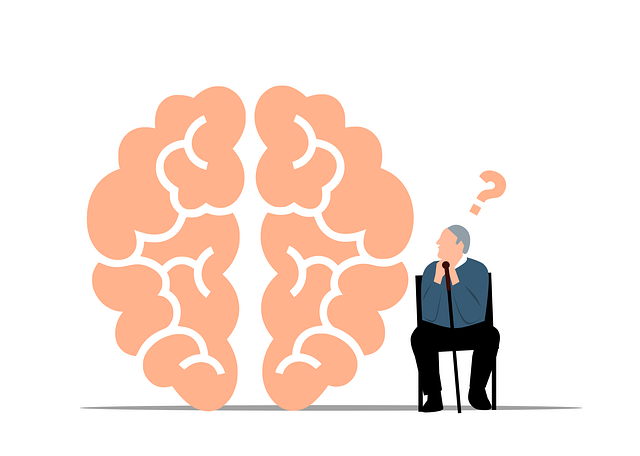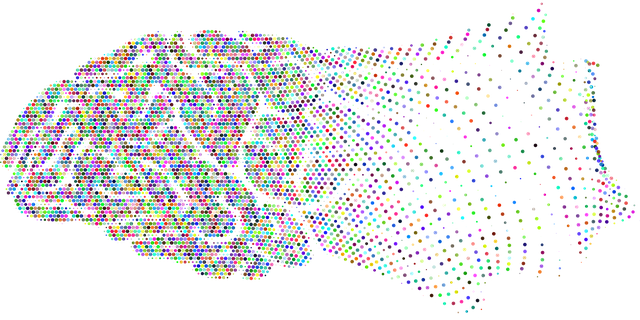Longmont Grief Counseling Therapy (LGCT) offers a holistic RFM (Resilience, Flexibility, Mastery) approach to build mental resilience and navigate life challenges. Rooted in Mind Over Matter principles, LGCT combines group discussions, self-care routines, and emotional processing to enhance social skills and positive mindsets. Through practical exercises like identifying negative thought patterns and expressing gratitude, clients cultivate a resilient mindset, transforming struggles into growth opportunities. This specialized environment empowers individuals dealing with grief and loss to face future adversities head-on with renewed purpose and overall well-being.
In today’s challenging times, building resilience is more crucial than ever. This article explores the power of RFM (Recovery, Resilience, and Strength) as a framework for fostering mental fortitude. We delve into the significance of understanding grief and its role in counseling, offering practical exercises to cultivate resilient mindsets. Longmont Grief Counseling Therapy provides a proven pathway to healing and growth, empowering individuals to navigate life’s obstacles with newfound strength and adaptability.
- Understanding RFM: A Foundation for Resilience
- The Role of Grief Counseling in Building Strength
- Practical Exercises to Cultivate Resilient Mindsets
- Longmont Grief Counseling Therapy: Your Pathway to Healing and Growth
Understanding RFM: A Foundation for Resilience

Understanding RFM, or Resilience, Flexibility, and Mastery, serves as a cornerstone in building mental fortitude, especially for individuals navigating life’s challenges. This framework is a powerful tool offered by Longmont Grief Counseling Therapy to foster resilience, enabling folks to adapt and thrive amidst adversity. By focusing on these three dimensions, RFM provides a holistic approach to personal growth.
Resilience, the ability to bounce back from setbacks, forms the core of this concept. Longmont Grief Counseling Therapy emphasizes that cultivating resilience isn’t about avoiding hardships but rather developing skills to navigate them effectively. Public Awareness Campaigns for mental health often highlight the significance of building social skills and fostering a positive mindset—key components of Mind Over Matter principles. Through therapy sessions, individuals learn to embrace challenges as opportunities for growth, enhancing their flexibility in the face of change.
The Role of Grief Counseling in Building Strength

Grief counseling plays a pivotal role in resilience building exercises, offering individuals invaluable support during and after difficult experiences. Through Longmont Grief Counseling Therapy, people can learn to process their emotions effectively, fostering mental strength and adaptability. This form of therapy goes beyond surface-level coping strategies; it delves into the root causes of distress, enabling individuals to develop robust self-care routines for better mental health. The process promotes self-esteem improvement by helping clients understand and accept their feelings, a crucial step in building resilience.
Moreover, grief counseling facilitates social skills training, which is essential for navigating life’s challenges with confidence. By engaging in therapeutic discussions and group activities, individuals can enhance their interpersonal abilities, finding solace and support in shared experiences. This holistic approach to healing empowers folks to transform their struggles into opportunities for growth, ultimately strengthening their ability to face future adversities head-on.
Practical Exercises to Cultivate Resilient Mindsets

Building resilience is an essential aspect of maintaining good mental health, and Longmont Grief Counseling Therapy offers practical exercises to help individuals cultivate a resilient mindset. One effective method involves identifying and challenging negative thought patterns. Individuals are encouraged to recognize when they’re engaging in self-criticism or catastrophizing and actively reframe these thoughts into more positive and realistic perspectives. For instance, instead of thinking “I always fail,” one can reframe it as “I’ve had some setbacks, but I’m learning and growing.”
Additionally, practicing mindfulness and gratitude can significantly enhance resilience. Mindfulness exercises, such as meditation or deep breathing, help individuals stay grounded in the present moment, reducing the impact of stressful situations. Expressing gratitude for even the smallest things can shift one’s focus to the positive aspects of life, fostering a more optimistic outlook. These practices, when incorporated into daily routines, contribute to Mental Health Awareness and Crisis Intervention Guidance, ultimately supporting overall mental wellness.
Longmont Grief Counseling Therapy: Your Pathway to Healing and Growth

Longmont Grief Counseling Therapy offers a compassionate and supportive environment for individuals navigating the complexities of grief and loss. This therapeutic approach goes beyond traditional counseling by integrating various techniques to facilitate healing and personal growth. Through specialized sessions, clients are guided in exploring their emotions, understanding their unique coping mechanisms, and developing effective strategies to manage mood fluctuations associated with bereavement.
The process empowers individuals to build resilience, a crucial aspect of mental wellness coaching programs. By participating in Longmont Grief Counseling Therapy, one can learn valuable coping skills development techniques tailored to their specific needs. This personalized approach ensures that participants gain the tools and confidence needed to face life’s challenges head-on, fostering overall well-being and a renewed sense of purpose.
Resilience is a powerful tool for navigating life’s challenges, and Longmont Grief Counseling Therapy offers valuable insights into cultivating this strength. By understanding RFM (a foundation for resilience) and employing practical exercises, individuals can build resilient mindsets that enable them to embrace growth and healing. The role of grief counseling in this process is profound, providing a safe space to process emotions and emerge with enhanced coping mechanisms. Embrace these strategies to transform adversity into opportunities for personal growth.














